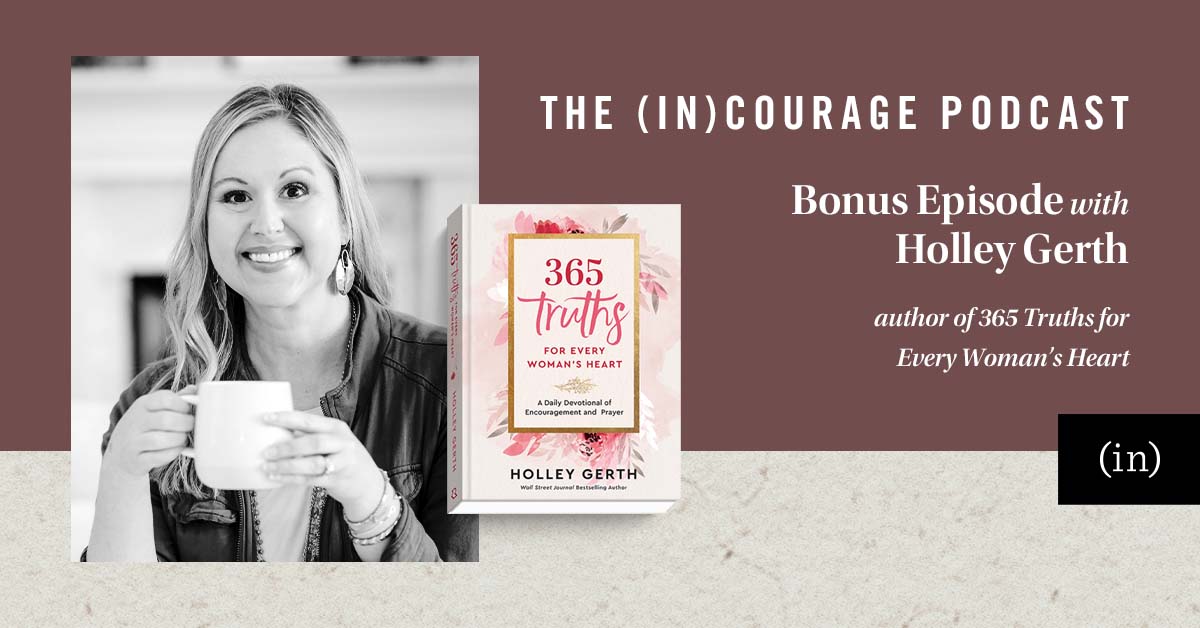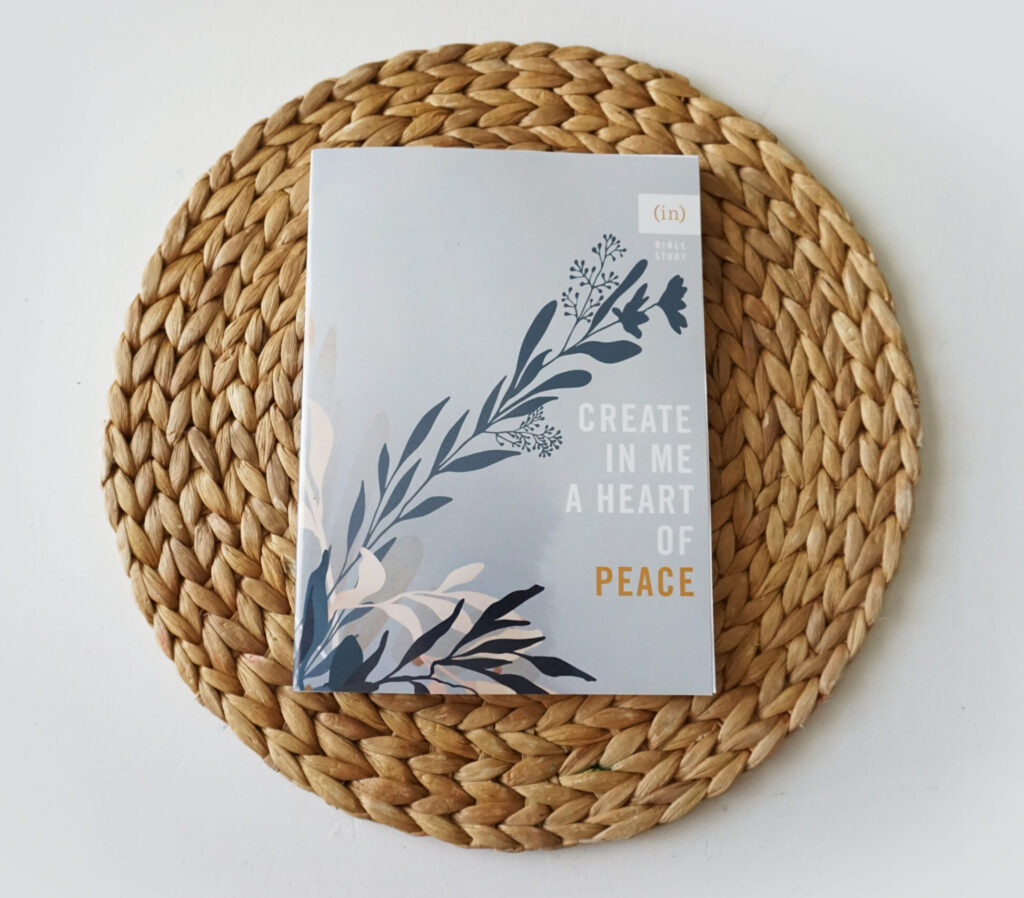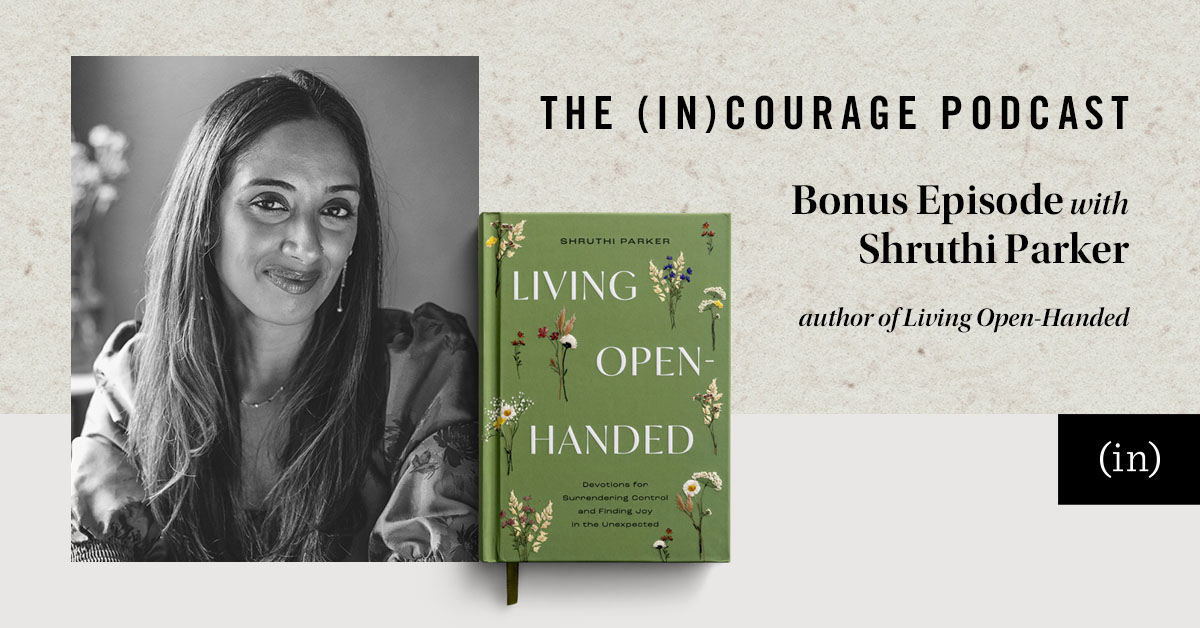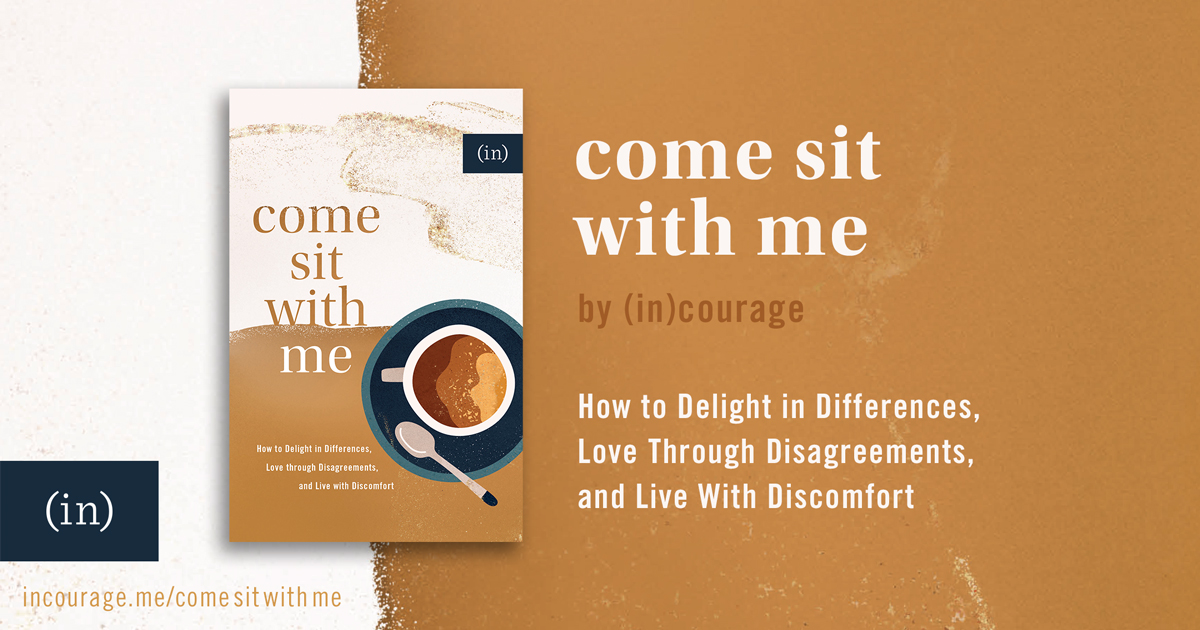I stand at the kitchen stove and stir butter around in a warm pan with a spoon. My mind feels mixed up too. I close my eyes and whisper the prayer I’m learning to cling to in these moments: “God, what do You want to say to my heart today?”
Usually, a Scripture comes to mind. Sometimes I remember encouraging words from a wise friend. But this time a new phrase comes instantly: I love you anyway.
Tears fill my eyes because it’s exactly what I need to hear. My struggles sometimes make it seem as though God must be upset and far away. But He is still right there with me. And He is still for me.
When we battle depression, God loves us anyway.
When we fight anxiety, God loves us anyway.
When we mess up, God loves us anyway.
When we face doubts, God loves us anyway.
When we forget who we really are, God loves us anyway.
When we’re weary, God loves us anyway.
Whatever we’re struggling with today, God loves us anyway.
Do you ever have thoughts like, If people really knew all of me or what I’m going through, they might not love me the same? Me too — it’s such a human thing to do. But thankfully, it isn’t true.
For years I tried to prove I was enough. Perfect enough. Good enough. Experienced enough. Smart enough. Pretty enough. But it’s only when we come to the place where we can finally say, “I’m not enough but Jesus is” that our hearts get free.
The reality is, we will fall short of the expectations of others and ourselves. But it doesn’t matter because our extraordinary God, our gracious Savior, declares we are beloved and chosen and empowered anyway.
The world tells us we need to have self-esteem, but what we really need is holy confidence.
Self-esteem says we can do anything we want.
Holy confidence says we can do all things through Christ.
Self-esteem says we can belong in the right crowd.
Holy confidence says we belong to the Creator of the universe.
Self-esteem says our worth comes from what’s external.
Holy confidence says our worth comes from what’s eternal.
The Apostle Paul said we can live, “being confident of this, that he who began a good work in you will carry it on to completion until the day of Christ Jesus” (Philippians 1:6 NIV). Our confidence comes not from what we do but what God is doing in us. He has promised that all He has for us will be finished. We already know the ending of our story; it’s not one of shame but glory.
We are daughters of God created in His image. We are chosen to be part of His plan. We are promised that we will have everything we need for all He has called us to do. We have been forgiven and set free. This is the source of our hope. This is our security. This is why, in spite of our weaknesses and failures, we can walk in holy confidence today.
All of us forget the truth about who we are sometimes. That’s part of living in an imperfect world. But God is willing to remind us each day. He is with us, for us, and working in us beyond what we can see.
I carry my plate to the table and whisper, “God, help me truly believe I’m loved by You right now just as I am.” My prayer is the same for you. May we be confident we’re loved anyway. May we be certain we’re loved always, especially today.
—
This post was inspired by our friend Holley Gerth’s new devotional book, 365 Truths for Every Woman’s Heart.
What truth does your heart need to hear today? Maybe you long to know that you’re loved, you have a purpose, or your future is secure no matter what happens. 365 Truths for Every Woman’s Heart is an invitation to spend time with the God who cares for you and draw closer to him.
In only about five minutes a day, you can strengthen your heart, deepen your faith, and remind yourself of what matters most. This book will encourage you each day, and it’s a wonderful Christmas gift for the women in your life too! For a limited time, when you purchase a copy, you’ll also receive the audiobook for free! Find out more at HolleyGerth.com/365… and leave a comment on this article to be entered to WIN a copy!

Then tune in to the (in)courage podcast this weekend for a conversation with Becky Keife and Holley. You do not want to miss their chat!




